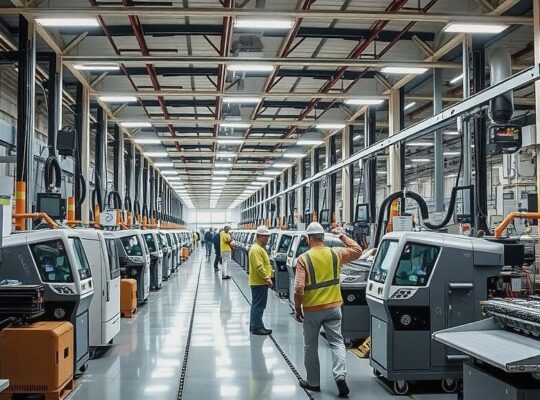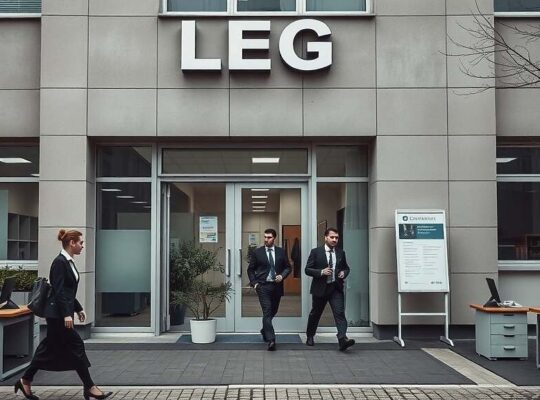The Social Democratic Party (SPD) is pushing for a significant overhaul of Germany’s electric vehicle (EV) incentives, aiming to steer the transition towards electric mobility along more equitable lines and ultimately reshape the automotive landscape. According to a recently leaked policy paper obtained by “Süddeutsche Zeitung”, the SPD envisions a tiered system of subsidies, income restrictions and a novel “social leasing” program designed to broaden access to EVs while simultaneously disincentivizing the continued use of combustion engine vehicles.
The proposed plan, slated to begin implementation next year and continuing until 2029, establishes a €3,000 purchase bonus for new and used EVs. Crucially, manufacturers or dealerships are expected to match this bonus, essentially doubling the consumer benefit. This mechanism directly burdens the automotive industry to actively participate in the transition. However, stringent conditions apply. Only vehicles priced below €45,000, manufactured within Europe and meeting a designated environmental score will qualify, effectively excluding premium brands like BMW and Mercedes-Benz – a move drawing criticism for potentially hindering competition and artificially limiting consumer choice.
Further restricting eligibility, the subsidy will be limited to individuals and households with “small to medium monthly incomes” raising questions about fairness and potentially creating a two-tiered system where higher earners are excluded. This targeting, while intended to address affordability concerns, risks being perceived as politically motivated and could trigger accusations of income discrimination.
Beyond the purchase bonus, the SPD is proposing a “social leasing” model, inspired by the existing “Social and Mobile” program, specifically for low-income earners and those in essential service roles, like shift workers and mobile caregivers. This program would offer low leasing rates and a future purchase option, again restricted to European-produced vehicles meeting the specified environmental criteria. The financial scope of this program and its reliance on EU funding remains unconfirmed, leaving uncertainty about its long-term viability.
Simultaneously, the SPD intends to increase the taxation of company cars equipped with combustion engines, a move framed as leveraging the sector’s significant influence on private vehicle usage. From 2026, the “flat-rate allowance” for company car taxation will be increased by a variable CO2 component, potentially escalating to 1.5% of the list price – a substantial rise from the current 1%. This policy directly elevates the cost of owning a gasoline or diesel vehicle through a company, incentivizing businesses to transition their fleets to electric alternatives.
Coupled with the government’s recent decision to extend the tax exemption for new EVs until 2035, this dual-pronged approach highlights the SPD’s commitment to accelerating the shift towards electric mobility. However, the restrictive eligibility criteria, the reliance on industry matching funds and the potential for unintended consequences raise concerns about the plan’s efficacy and its impact on both the automotive industry and the wider consumer base. Critics argue that the heavily targeted approach risks distorting the market, potentially stifling innovation and limiting true accessibility while raising questions about whether the social benefits truly outweigh the potential economic drawbacks.












